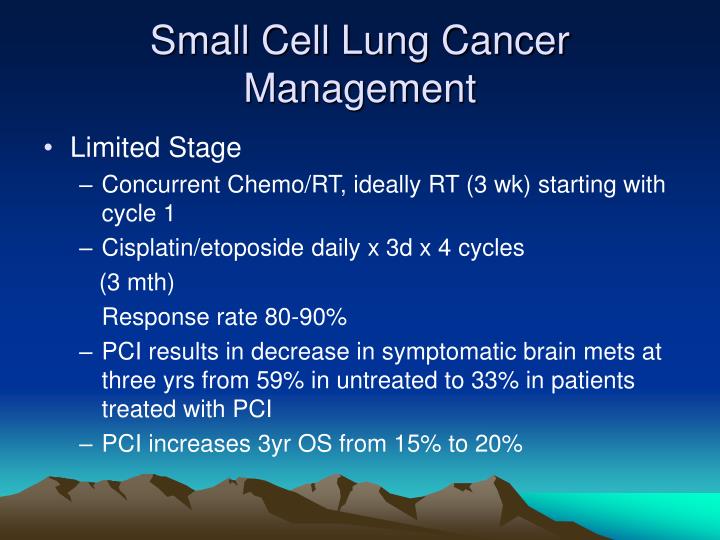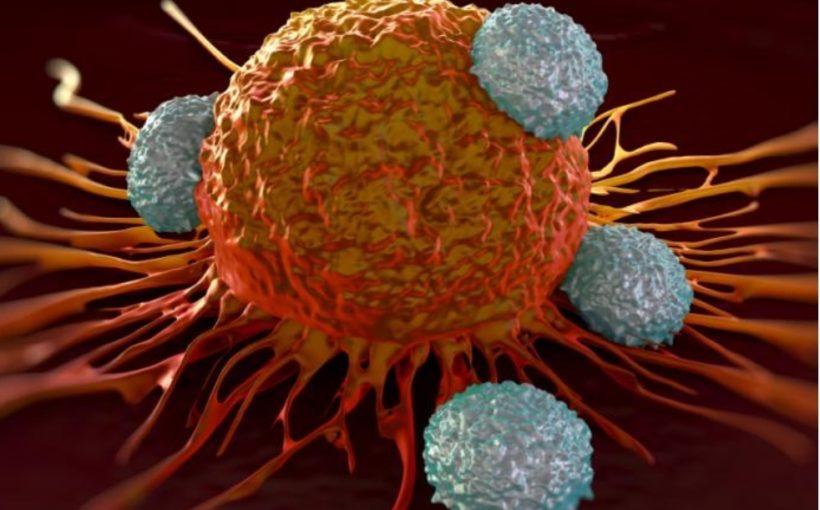
- Real alternative medicine for small cell lung cancer skin#
- Real alternative medicine for small cell lung cancer plus#
Gentle exercise may help relieve fatigue and stress and help you sleep better. Exercise may help you manage signs and symptoms during and after cancer treatment. A CBT counselor or therapist might help you identify and replace thoughts and behaviors that cause or worsen sleep problems with habits that promote sound sleep.Īsk your health care provider for a referral to a specialist if you're interested in trying CBT.Įxercise. During a CBT session, a mental health counselor, such as a psychotherapist or a therapist, works with you to view challenging situations more clearly and respond in a more effective way.įor people with cancer, CBT may help with sleep problems. Cognitive behavioral therapy (CBT) is a common type of talk therapy. People with cancer that is estrogen sensitive, such as some breast cancers, should avoid applying large amounts of lavender oil and tea tree oil to the skin.Ĭognitive behavioral therapy.
Real alternative medicine for small cell lung cancer skin#
Aromatherapy is safe, though oils applied to your skin can cause allergic reactions. Aromatherapy may be helpful in relieving nausea, pain and stress.Īromatherapy can be performed by a practitioner, or you can use aromatherapy on your own. Fragrant oils also can be heated to release their scents into the air. Oils, infused with scents such as lavender, can be applied to your skin during a massage, or the oils can be added to bath water. Aromatherapy uses fragrant oils to provide a calming sensation. Acupuncture isn't safe if you're taking blood thinners or if you have low blood counts, so check with your provider first.Īcupressure is a related technique in which mild pressure is applied to certain areas, such as the wrist, to help relieve nausea.Īromatherapy. Ask your provider for names of trusted practitioners. All rights reserved.Acupuncture is safe if it's performed by a licensed practitioner using sterile needles. Immune checkpoint inhibitors Immunotherapy Non-small cell lung cancer Real-world outcomes.Ĭopyright © 2021 Bristol Myers Squibb. These findings indicate that there remains room for improvement of real-world survival outcomes in patients with advanced NSCLC who receive 1L I-O-based regimens and for identification of subgroups of patients not benefitting from treatment with current I-O regimens. Survival estimates were generally lower than those reported in pivotal clinical trials. OS benefit appeared to be greatest in the ≥50 % tumor PD-L1 expression group of the non-squamous cohort. Among 3041 patients receiving I-O monotherapy, median OS was 11.3 (95 % CI, 9.8-12.8) months in patients with squamous NSCLC (n=875) and 14.1 (95 % CI, 12.4-15.8) months in those with non-squamous disease (n=2166). Regardless of histology, patients with high (≥50 %) tumor programmed death ligand 1 (PD-L1) expression demonstrated longer median OS vs those with low expression.
Real alternative medicine for small cell lung cancer plus#
Index date was defined as date of 1L treatment initiation data cut-off date was June 30, 2020.Īmong 4271 patients receiving I-O plus chemotherapy, median OS was 10.6 (95 % confidence interval, 9.3-11.8) months in patients with squamous NSCLC (n=814) and 12.0 (95 % CI, 11.3-12.8) months in those with non-squamous disease (n=3457). Primary objectives were to examine overall survival (OS) and real-world progression-free survival. Patients aged ≥18 years with confirmed advanced (stage III-IV) NSCLC who received either 1L I-O monotherapy or single-agent I-O combined with chemotherapy on or after Januwere identified from the Flatiron Health database.

We aimed to characterize real-world outcomes for patients with advanced NSCLC treated with 1L I-O therapy in the United States. Although efficacy and safety of I-O therapies have been established in clinical trials, little is known about their performance and long-term efficacy in the real-world setting.



First-line (1L) immunotherapy (I-O) has improved outcomes in patients with advanced non-small cell lung cancer (NSCLC) in clinical trials and is now routinely used alone or combined with chemotherapy.


 0 kommentar(er)
0 kommentar(er)
